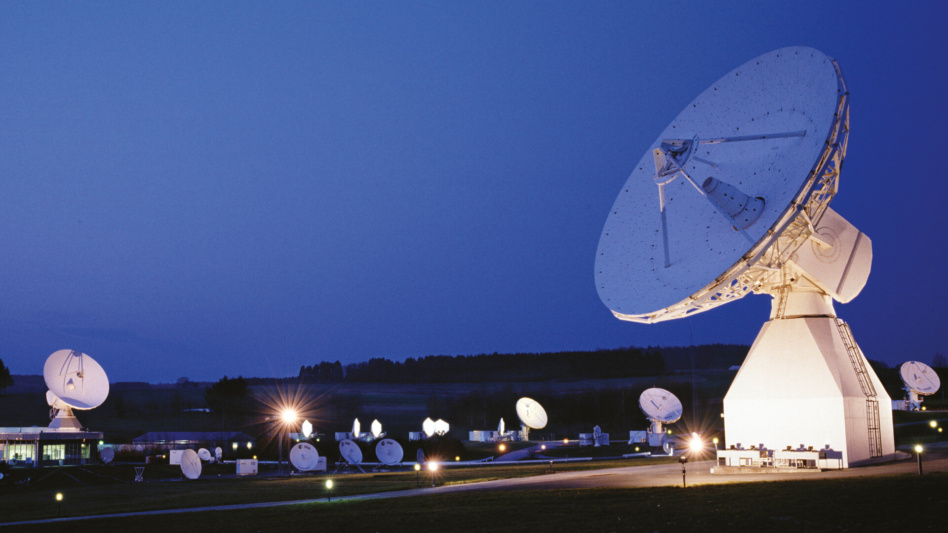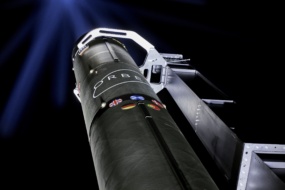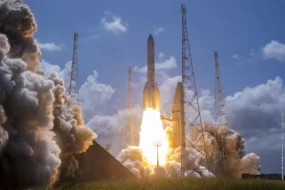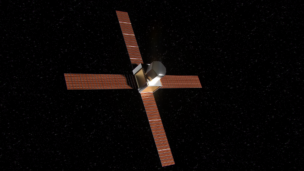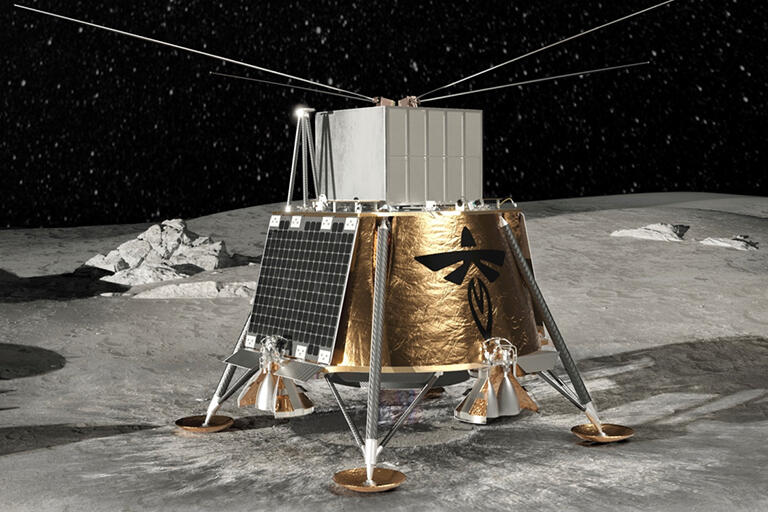In the ultimate example of competitors coming together, Europe’s largest satellite companies announced yesterday that they are joining forces to bid on the EU’s IRIS2 program contracts.
Airbus, SES, Eutelsat, Hispasat, and Thales said the partnership will “leverage the expertise and capabilities in the field of secure satellite communications solutions,” according to a joint press release.
IRIS2: The planned EU mega-constellation consists of ~170 multi-orbit satellites designed to establish robust European space-based connectivity. The infrastructure aims to provide secure and low-latency mobile broadband, surveillance, and cloud-based services across civil and private end markets.
Funding the program: Total IRIS2 project costs are estimated to be a whopping €6.0B ($6.6B).
- The private sector will foot €3.6B ($3.9B) of the bill.
- The EU will cover the remaining €2.4B ($2.6B).
The EU expects to turn on the first satellites by the end of 2024 and complete the constellation by 2027.
The Power 5: The five industry giants that have teamed up to bid on the IRIS2 EU contracts will likely represent the most qualified consortium, given their scale and unmatched technical capabilities. However, this A-team partnership may present a challenge for EU officials who have stressed the importance of a diverse and competitive bid process.
- The EU stipulated that small businesses receive 30% of the IRIS2 contracts.
The group of satellite mainstays acknowledged their shortcomings and called for collaboration with new players. “The consortium will encourage start-ups, mid-Caps and SMEs to join the partnership, resulting in a more innovative and competitive European space sector where new business models will emerge.”
Apple of my IRIS: The EU views IRIS2 as a strategically important project to achieve space-based independence. The EU joins the US and China in building sovereign mega-constellations similar to private-sector ones.
